 With approximately 55 million Americans working as freelancers, the gig economy is at a record high. Not only are more people craving freedom and flexibility, but employers are also relying on this system to save money while running a more efficient operation. According to industry experts, the gig economy is the new version of entrepreneurialism, as the hustle is a lot like building a business from the ground up and comes with no guarantees for success. However, if you have passion, are self-motivated, disciplined, aren’t afraid to take risks, know how to network, and can manage your money, then you just may want to shake up your career by becoming an independent worker. Here’s how to get started. Choose a Path Obviously, you’re going to want to get involved with something you’re both interested in and good at; otherwise, you won’t be able to make it for the long term. For example, perhaps you worked for a big accounting firm and now want to handle clients on your own. Or, maybe you simply love animals and want to work for a pet-sitting or dog-walking company. Whether you choose to work for one company or several is up to you, but there are many online platforms and apps to help you explore work opportunities. In an effort to market yourself and stand out from the competition, put some effort into jazzing up your social profiles and use a free website service to build a simple site that showcases your talent and work history. Get a Hold of Your Financial Situation Don’t quit your day job until you have a few months worth of bills covered and a substantial emergency fund started. It can take a while to start generating regular income, and you’ll undoubtedly have good months and challenging ones in terms of workflow. In order to determine how much money you need to make each month, tally up all of your expenses, including financial obligations (from gas to groceries to household expenses), an entertainment budget, and money to cover any vacation you wish to take (remember, you no longer get a paid vacation). Set aside at least 15 percent each month for your retirement so you don’t lose sight of the future. Remember that you’ll also have to regularly stash money away to cover taxes so you aren’t in a pickle when it comes time to pay the piper. It’s critical that you establish and maintain an organized system for any expenses you incur. There are several you can write off as a freelancer, including a home office, providing you follow the proper regulations. Once you have a grasp on monthly expenses, it will likely make sense to open a business credit card to keep business expenses separate from personal, which you’ll be especially grateful for come tax time. Stay Organized Staying organized is key when running your own gig economy business, and this includes your home office. To maximize your productivity, you’ll want to locate this space away from busy areas in your home where there are likely to be distractions. Also make sure you have a comfortable chair and desk. And you’ll want your workspace to be clutter-free so you can manage your finances and keep track of invoices and projects. If you really become comfortable with being independent and want to expand your business, there are a few things to keep in mind if you want to be successful. Make it easier for freelancers to work with you and always pay on time — you know how important both of these things are already. Also, let anyone you hire work remotely. Not only will this make for a happier contractor, but it also enables you to open up your network globally. Lastly, even though everyone is working from different places, they are working for you, so try to create a sense of virtual camaraderie. Comments are closed.
|
Inside MobileCovering hot topics in the industry, new research, trends, and event coverage. Categories
All
|

 RSS Feed
RSS Feed
